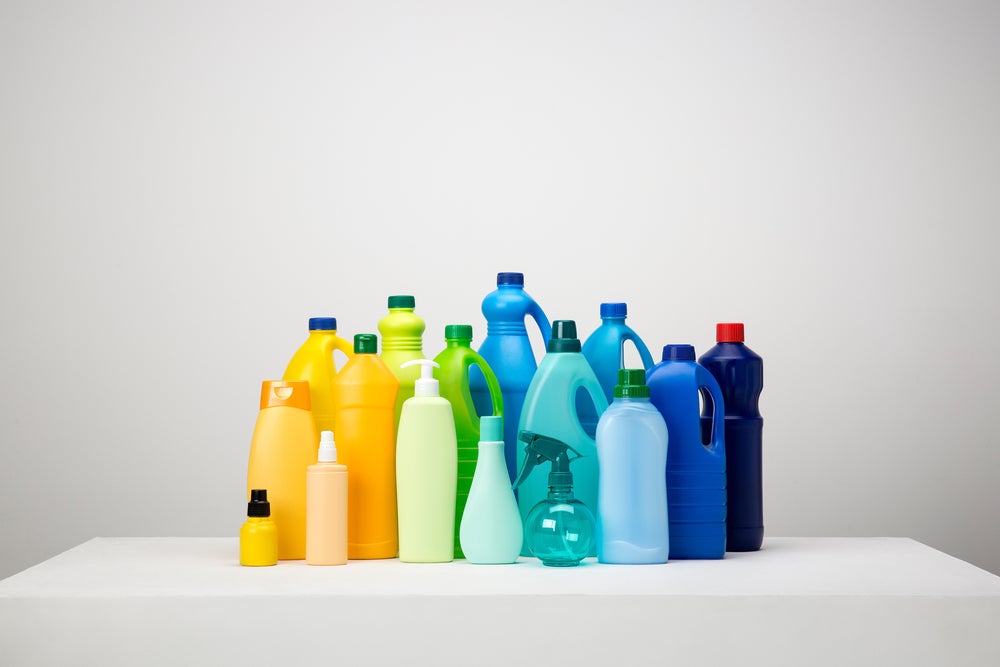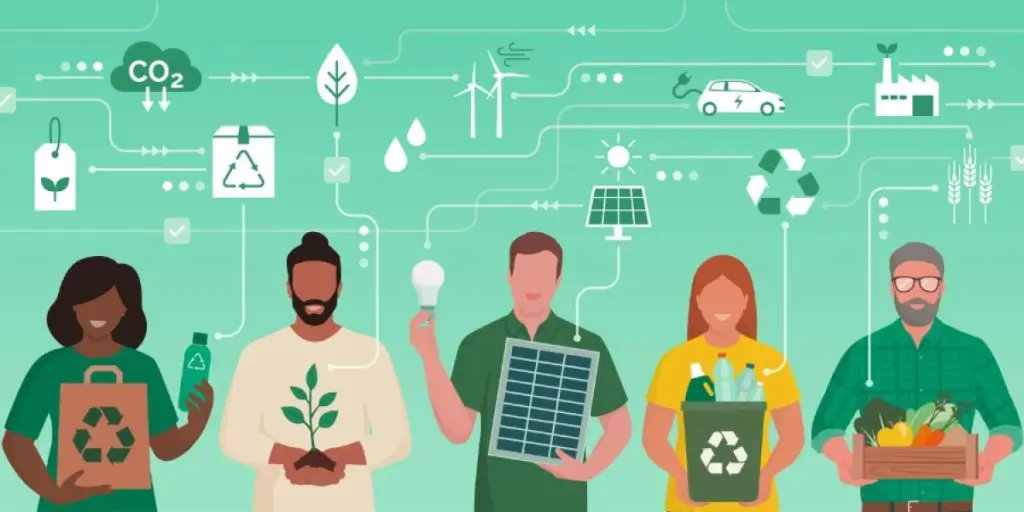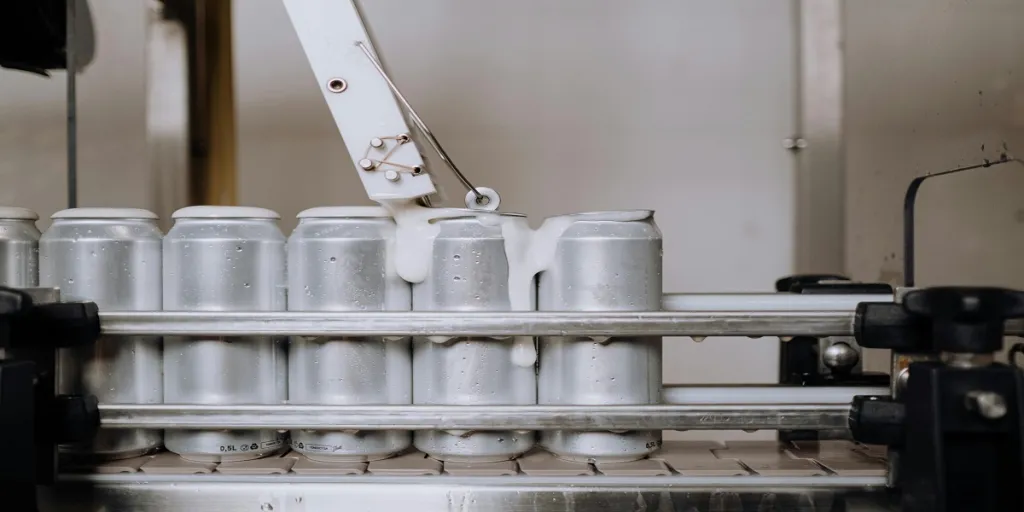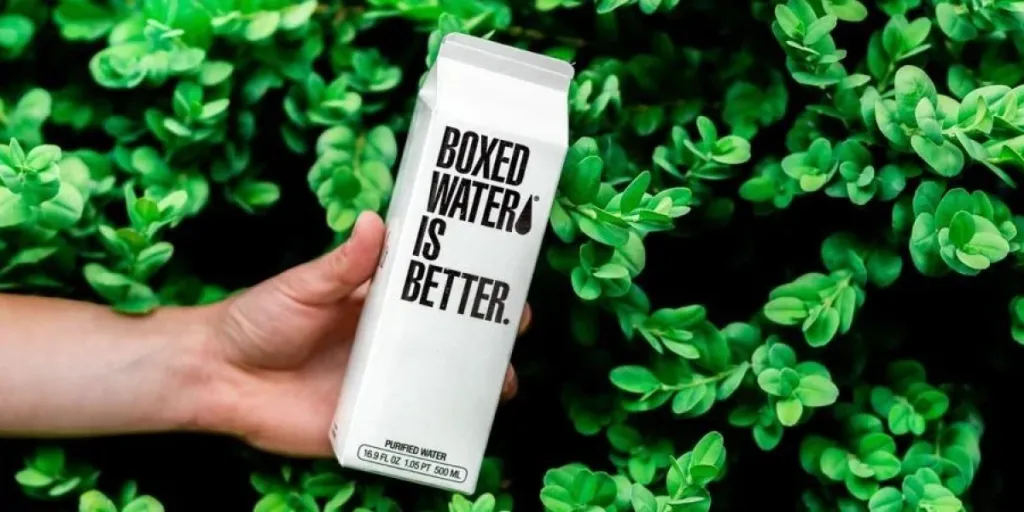While hygiene and shelf life are still paramount, they are joined by increasing concerns about the environmental impact of packaging materials.

The packaging industry, like many others, was significantly impacted by the Covid-19 pandemic. As the world has gradually emerged from the shadow of this global crisis, we have seen a profound transformation in consumer sentiment, particularly when it comes to changing packaging materials and sustainability.
A recent survey conducted across 11 countries provides valuable insights into the changing landscape of the packaging industry in this post-pandemic era:
Rising importance of sustainability in packaging
Sustainability has been a growing concern for the packaging value chain for several years, and the pandemic has only accelerated this trend. As societies adapt to a new normal, consumer awareness of sustainability is at an all-time high.
To gain a deeper understanding of this evolving landscape, a comprehensive survey was undertaken, building on earlier research from 2020 that focused on global consumer sentiment and a 2023 study delving into the consumer sentiment within the United States.
Global insights: 11,500+ responses reveal key findings
This extensive 2023 survey encompassed responses from over 11,500 consumers across 11 countries, offering a panoramic view of consumer attitudes toward packaging sustainability.
The survey unveiled three critical findings that are shaping the future of the packaging industry:
1. Hygiene and shelf life still matter
Across all 11 countries surveyed, one unifying theme stood out: hygiene and shelf life remain paramount factors influencing consumers’ purchasing decisions.
This lingering emphasis on hygiene and preservation can be directly linked to the impact of the Covid-19 pandemic on consumer priorities. Packaging materials and design that ensure the safety and longevity of products continue to be in high demand.
However, it is crucial to recognise that consumer expectations extend beyond immediate health concerns, as evident in the following findings.
2. Diverse environmental priorities
Consumer concerns related to the environmental impact of product packaging exhibit significant regional variations. Notably, worries about ocean litter and its effects on marine ecosystems take center stage in Europe, Japan, and the United States.
These regions are showing a more pronounced inclination toward sustainability efforts that reduce the harm caused by packaging materials to our oceans and waterways.
Conversely, consumers in other Asian countries and Latin America express greater apprehension about different forms of pollution associated with packaging materials.
Their focus tends to extend to land-based pollution and the overall environmental footprint of packaging materials.
3. Varied opinions on sustainable packaging
Perhaps the most intriguing revelation from the survey is the diverse global perspectives on what constitutes sustainable packaging. Different countries have distinct views on this matter, shaped by their cultural, environmental, and socioeconomic priorities.
For instance, in countries where concerns about ocean litter are high, sustainable packaging solutions often revolve around reducing plastic waste and adopting biodegradable materials.
In contrast, regions with higher concerns about land-based pollution are more inclined to prioritise packaging that minimises resource consumption and encourages recycling and reuse.
Despite these regional variations, a consensus emerges when it comes to identifying the least-sustainable packaging options. Single-use plastics and excessive packaging waste are almost universally condemned as detrimental to the environment.
Adapting to the changing landscape
The evolving consumer sentiment towards packaging sustainability poses both challenges and opportunities for the packaging industry. Here are some key takeaways for businesses in this sector:
1. Innovation and collaboration: The industry must continue to innovate in packaging materials and design to meet consumers’ evolving expectations. Collaboration across the supply chain is essential to develop more sustainable and environmentally friendly packaging solutions.
2. Education and awareness: Educating consumers about the environmental impact of packaging choices and the benefits of sustainable alternatives is vital. Packaging companies can play a significant role in raising awareness and promoting eco-friendly options.
3. Regional tailoring: Recognising the regional variations in consumer priorities is critical. Packaging companies may need to tailor their products to meet the specific sustainability concerns of different markets.
4. Regulatory compliance: As consumer demand for sustainable packaging grows, regulatory bodies may introduce stricter guidelines and standards. Staying ahead of these regulations is crucial for industry players.
Source from Packaging Gateway
Disclaimer: The information set forth above is provided by packaging-gateway.com independently of Alibaba.com. Alibaba.com makes no representation and warranties as to the quality and reliability of the seller and products.




